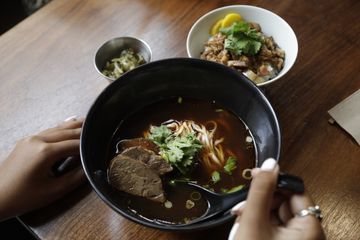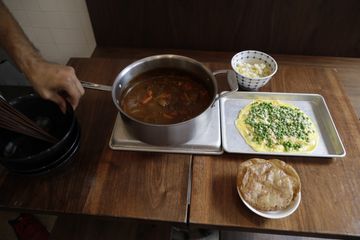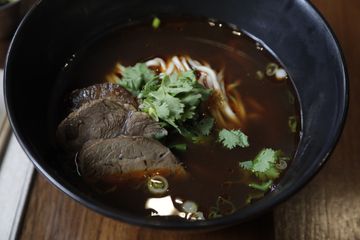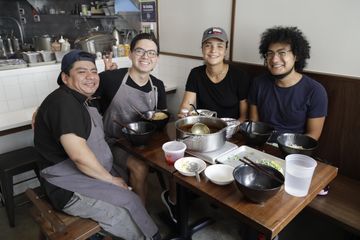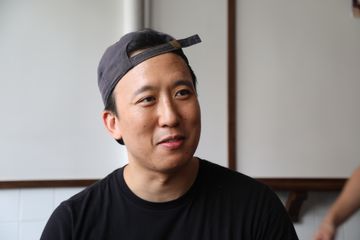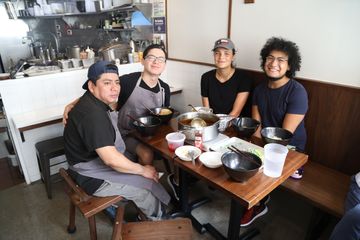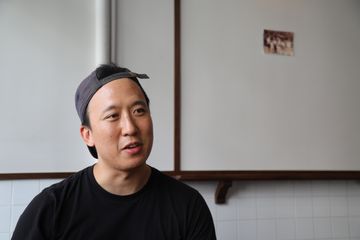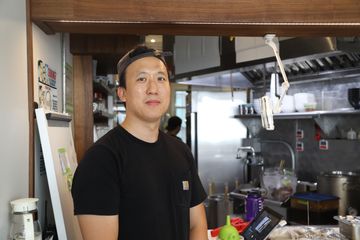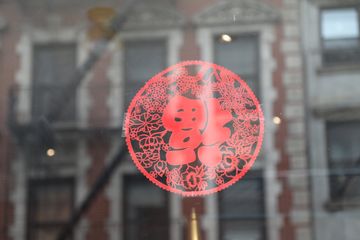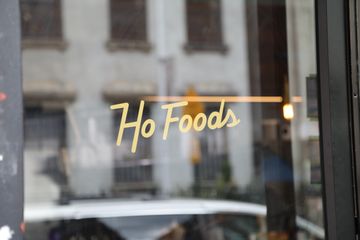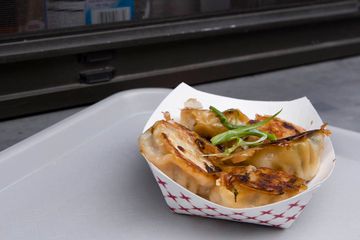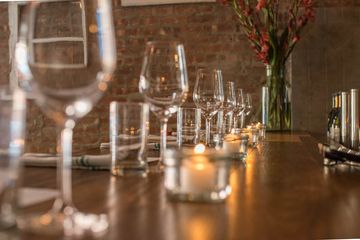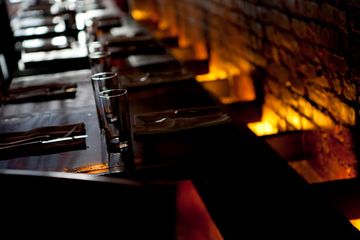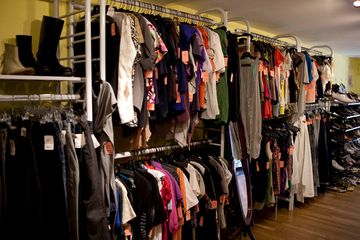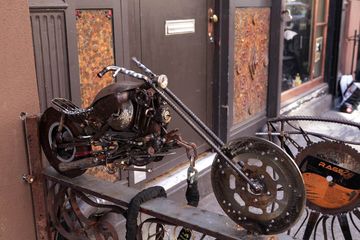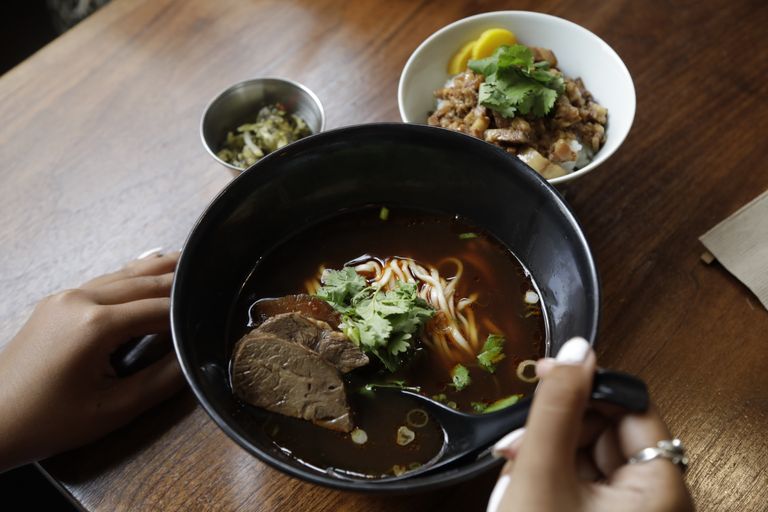
Richard Ho is Californian at-heart. He is from San Gabriel Valley, where he grew up eating his mother’s Taiwanese food. Ho Foods seeks the excellence of the home-cooked Taiwanese meals he experienced as a child, including his well-known beef noodle dish. Beef noodle shops, Richard explained to the Manhattan Sideways team, are like pizza shops in Taiwan, but they were not necessarily always popular. In fact, beef noodles were originally soldier food that ultimately became a large part of the Taiwanese diet.
Growing up in the LA-area, Richard never felt that he experienced any Americanized version of culture or food, but rather was able to be immersed in pockets of culture hard to find elsewhere. When he first moved to New York in 2007, he worked as a manager at Blue Ribbon Sushi, but found while living here that no one made Taiwanese food like his mother did. So, Ho Foods was born in January 2018, with a curated menu that feels like his home.
The idea? Take simple, classic comfort food from his youth and translate it into a restaurant setting. The staff works like a home as well - everyone cooks, everyone cleans, everyone serves. Each member has “kind of been a friend” - they met through mutual connections or college. Richard has been surprised by the passion they have taken to learning about Taiwanese culture, whether that be cooking techniques or even the language. Christian, a member of the staff at Ho Foods, is so confident in his pronunciation of dishes that people often assume he fluently speaks Mandarin.
When we asked Richard about why he chose 7th Street and how it has been working out, he told us that he feels connected to the building. A friend previously lived there and even wrote their name in the cement before he came, so it felt a little like he had been there before. He enjoys his location in the East Village, calling it "not-so-obvious." In addition, he has found that there is a loyal Taiwanese community wanting to support each other, and in search of places that celebrate and capture their culture;. And, through this endeavor, he has realized the extensive, and sometimes unlikely, connections people have to Taiwan.
Laughing, Richard went on to say that he has encountered a number of Polish customers who claim the Taiwanese beer he serves reminds them of one from Poland. Richard’s perspective on the business is in many ways simple. A focus on comfort, taste, and family-like service is always a safe bet. His philosophy comes from an opinion that "Life is just better when there’s food between two people."
